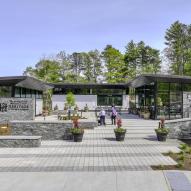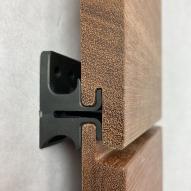ABODO® Vulcan: Tested for High Performance
“Thermally modified wood is a spectacular material that is really gaining traction and trending in design,” says Pioneer Millworks sales manager Jered Slusser.
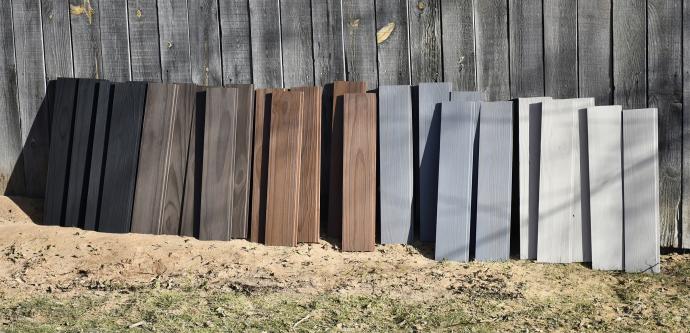
While many US businesses and manufacturers are eager to become a part of this eco-friendly building movement, not all thermally modified wood is created equal. There is a multitude of testing and factors that go into making a high performing thermally modified wood. With its increased use and rising popularity in the US there has been a rise in “quick and cheap,” thermally modified wood producers. These manufactures may produce a lot of wood and inexpensively sell their thermally modified offerings, but how can you be sure that it’s of the same proven high performing quality as ABODO®
The managing director of ABODO® Daniel Gudsell says, “it doesn’t matter what kind of thermally modified wood you use, ABODO® or whatever, you need to ask for two things: The first is verified field testing. Prove to me that you’ve done enough due diligence on your thermally modification schedule that you are getting a durability out of your product that’s equivalent to something like Westen Red Cedar or comparable. The second thing is to prove that you have a quality control process that’s maintaining that. Prove that you are providing a product out of your plant that’s replicating what’s being tested.”
“The reality is, that other than ACCOYA®, virtually all of the US thermally modified wood has no test data to support it and certainly very little quality control. There is currently no US standard for thermal modification. It’s kind of like the wild west,” continues Gudsell.

Which is why, when choosing which thermal modification partner to work with, Pioneer Millworks went to New Zealand to work with ABODO®. ABODO® has one of the longest running and in-depth performance testing programs for thermally modified wood in the world. With stringent quality control measures in place, every single piece of ABODO® timber is tested and modified to predetermined and scientifically analyzed specifications and quality.
The ABODO® Performance Testing Guide says:
Abodo Vulcan products are made from thermally modified (TMT) clears grade FSC® certified New Zealand Radiata Pine. Thermal modification is achieved by using steam and high temperatures in excess of 230°C. The modification process is made in purpose-built computer-controlled kilns. A quality control process is in place that measures selected parameters to ensure every piece of timber is modified to the correct specification and quality.
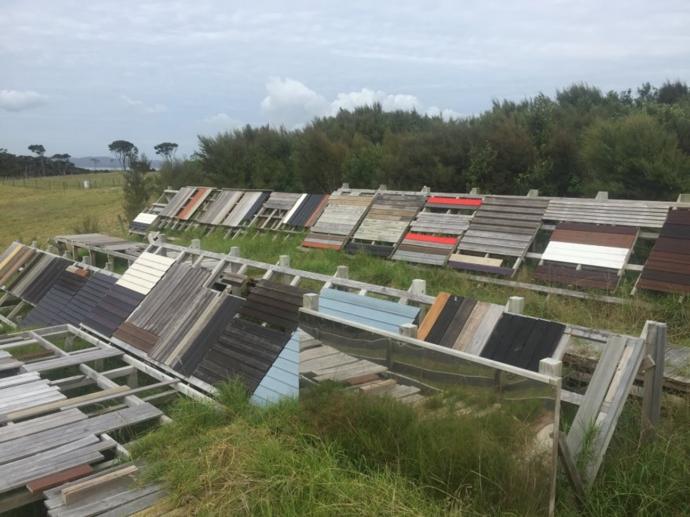
What separates ABODO® Vulcan from several other thermally modified products is the conscientious testing processes that occur both in lab and long-term field trials. Any and all thermally modified woods should undergo this type of rigorous decay testing to establish its performance and durability. In addition to the decay analysis, ABODO® institutes a range of important assessments that include exterior weathering testing, termite determent, decay, solar reflectance, structural, and mechanical tests.

ABODO® started thermally modified wood in New Zealand over 15 years ago. Gudsell says, “when we started doing thermally modified wood, we found that most building codes would not accept untreated pine on the outside of a building. The building officials said, ‘Pine isn’t durable, and you can’t use it without pressure treating it on the outside of a building.’ So, we had to explain that thermally modified wood is more durable and doesn’t need chemicals, and they didn’t believe us, so we had to initiate quite a bit of testing.”
“It’s imperative to establish a thermal modification schedule and prove that it works with real-world field testing,” continues Godsell. “The next part of that is pressure control. We have a high level of pressure control that ensures every charge is done to the right standard. Then, from that we can provide all of this data in terms of testing against chemically treated woods and species like Cypress, Western Red Cedar, and Redwood.”
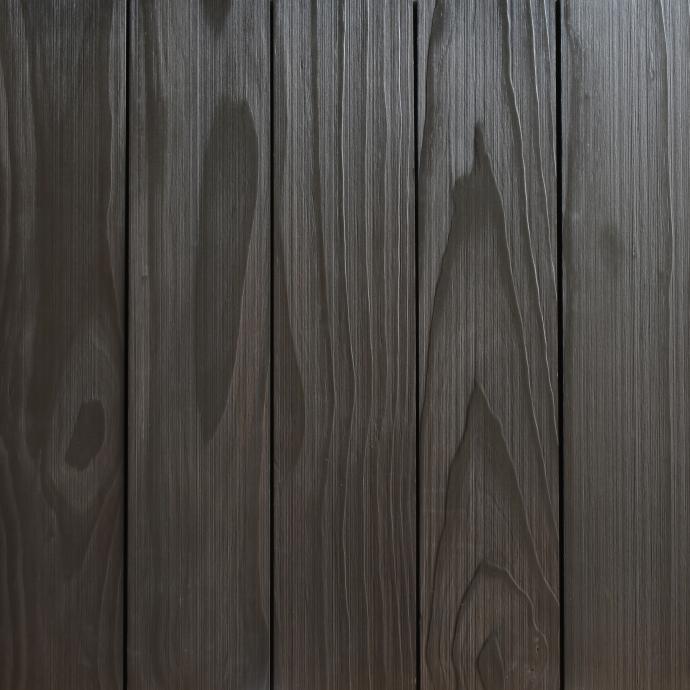
“The only way to prove that a modified wood is durable is to do a field test, which involves putting wood out in an accelerated decay zone and trying to create an environment where it will decay very quickly, and you can have comparable samples. Some of the things we do is have horizontal boroughs of untreated pine, that pine decays within three or four years and it passes rot to the test samples which are sitting on edge and what that does is accelerate the process and traps the moisture and the fungi in the 45 angle and decays the sample very quickly,” he adds.
“Class 1 durability is the highest form of durability based on lab testing. We have done these tests and ABODO® has Class 1 durability. It’s critical that you have a field test to support that. A lab test gives you an indication, and a field test gives you concrete proof. All of this test data, and we did some state tests with Coastal Redwood Heartwood and ABODO® outperformed that, this is how you create a sweep of durability by involving a third-party company or lab.”
Gudsell concludes, “if you are buying thermally modified wood from Pioneer Millworks, you will get tested substrates verified by ABODO®. If you have been offered other products you need to make sure to look at the field test data and confirm there is available evidence that there’s quality controls in place.”
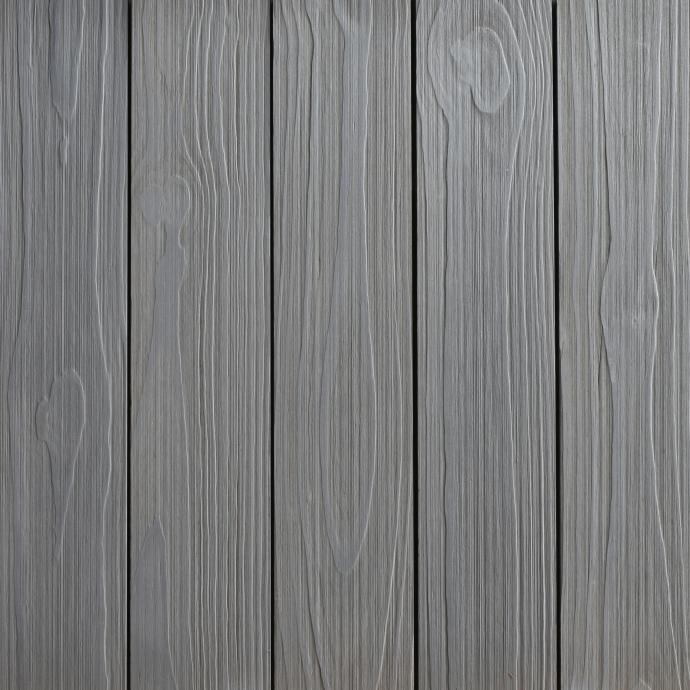
While we love to nerd-out on the technicalities of wood, and especially wood that has been modified using technology to change the cell-structure of the material, it’s really important to Pioneer Millworks that the material we sell to clients is not just of quality for performance, but that it stands by performance for people and planet as well.
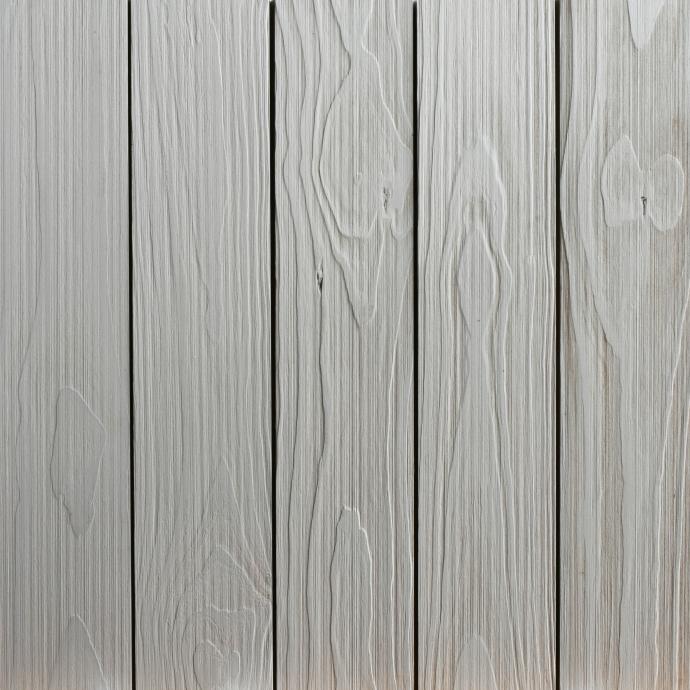
“Ultimately the greatest wood for the planet is one that is grown under the watchful eye of a certifying body like FSC or a well-minded farmer, one that uses no red-list chemicals for finish or treatment, one that will last a long time so that it can sequester carbon during its life and not need replacement, and one that can be reuses when it’s function has been served,” says Slusser. “Though it comes from seemingly far away, ABODO’s carbon additions through shipping aren’t overly great because it comes by sea and lands at our West Coast mill near the coast. Our finishing is done in McMinnville so we can control quality, continue investing in American manufacturing, and maintain a healthy finish option designed specifically for United States climates & market. And thus, ABODO hits all of our planet, people, and prosperity goals. And it’s really a beautiful material to view and work with,” ends Slusser. “Can’t really get any better than that.”


